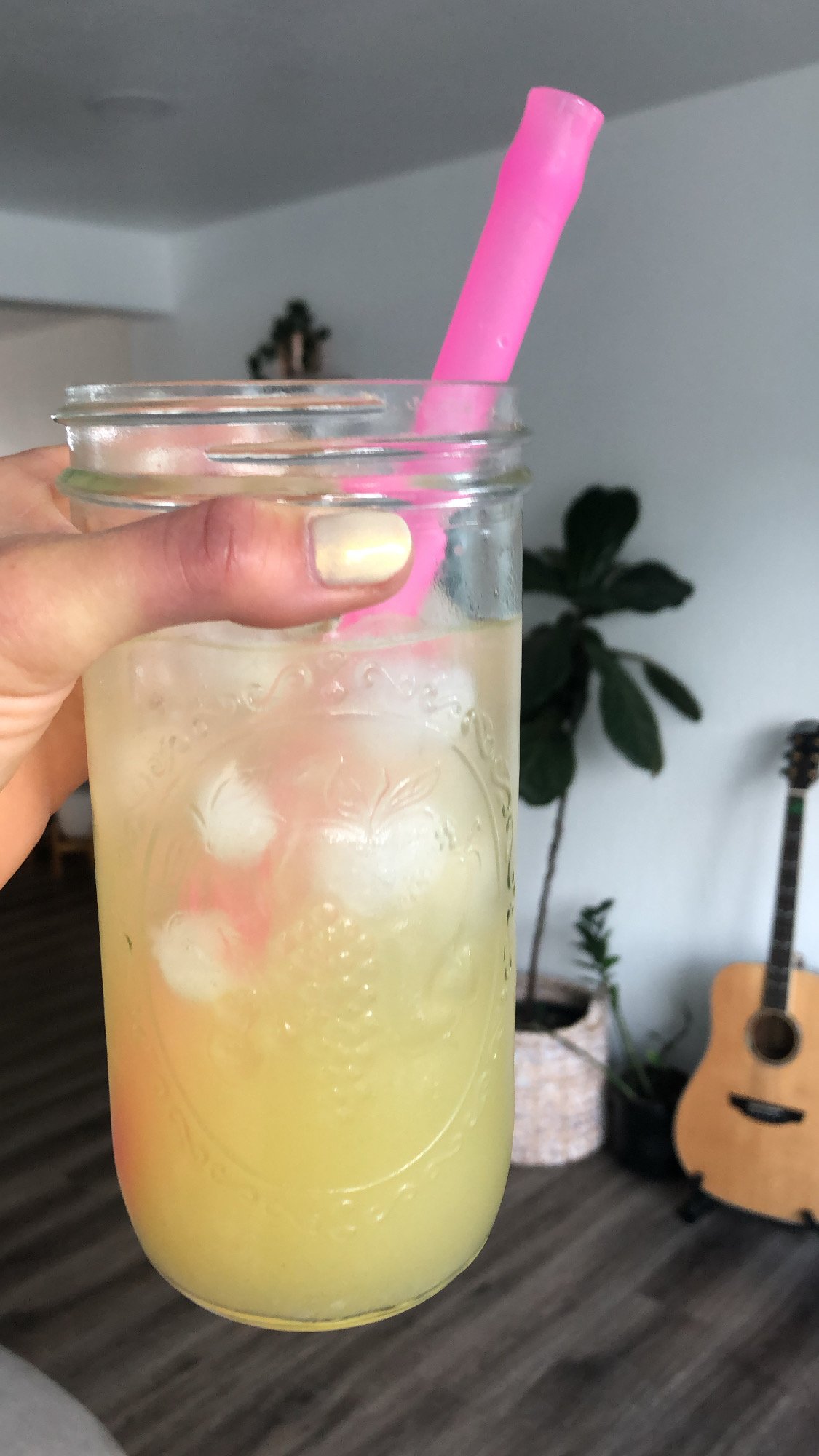Hydration & Electrolytes
Water is an essential part of your body making up about 60% of an adult’s total body weight and is necessary to sustain life. Adequate hydration is important for so many things including: body temperature regulation, lubrication of joints and protection of tissues, transporting dissolved substances throughout the body, maintaining blood volume, acid-base balance, and more.
So how much water do you need? Well, it can be a bit tricky because individual fluid needs vary person to person depending on age, gender, activity level, etc. but there are some general guidelines to follow.
Recommended Water Intake
For adults, the adequate intake for water for generally healthy people based on age and sex is about 2.7 liters (about 91 fluid oz) for women and 3.7 L (about 125 fluid oz) for men.
Water intake can be obtained through foods which accounts for about 25% of fluid intake, while the remaining 75% comes from water and other beverages. This translates to about 8.5 cups of fluids for women and 11.75 cups of fluids for men based on a standard 8 oz cup measurement.
In general, 1 ml of fluids for every 1 kcal consumed is recommended. Also note that water needs may be greater in those with increased activity levels who are losing water through sweat.
Water is the best source of fluids but you can also contribute to your daily fluid needs with milk, coffee, teas, fruit juices, broths, etc. I’m not suggesting you consume 8 cups of coffee and claim that as meeting your daily fluid needs, but having your daily cup can count towards your daily fluid needs. Overall, find balance in how you are consuming fluids and prioritize water over other beverages, especially ones that are high in sugar.
Electrolytes: What are they and why they are important
Electrolytes are charged elements and include the major minerals sodium, potassium, and chloride. Magnesium, phosphorus, and calcium are also important electrolytes. Electrolytes’ primary role is to support water distribution and movement, but they also help regulate chemical reactions in the body and support proper nerve and muscle function.
Electrolyte imbalances can be harmful to the body and disrupt homeostasis. While imbalances are typically a result of dehydration due to excess heat, diarrhea, and vomiting, replenishing electrolytes can still be beneficial for the average, healthy person and may even be recommended during times of increased activity.
While all electrolytes can be obtained from food sources, there are reasons to suggest that getting them through the form of an electrolyte beverage can be helpful. As is with all packaged foods, it is important to read labels. Most electrolyte powders on the market have sugar listed as the first ingredient. I love LMNT because they are salty, formulated with science-backed ratios of key electrolytes, and refined sugar free. I am not affiliated with the brand but I have been using their electrolyte packets on a regular basis for the past year. I love drinking a packet with water, enjoying a packet of chocolate salt with hot water as my morning coffee replacement, or mixing up a hydrating mocktail.
Pineapple Orange Refresher
Serves 2:
Ingredients
1 packet orange salt LMNT electrolyte packet
32 oz filtered water
4 oz 100% pineapple juice
4 oz sparkling water
Directions
In a large glass mix orange salt packet with water. Stir to combine.
Add pineapple juice to glass and stir to combine.
Pour mixture into 2 separate tall glasses filled with ice. Top with sparkling water.

